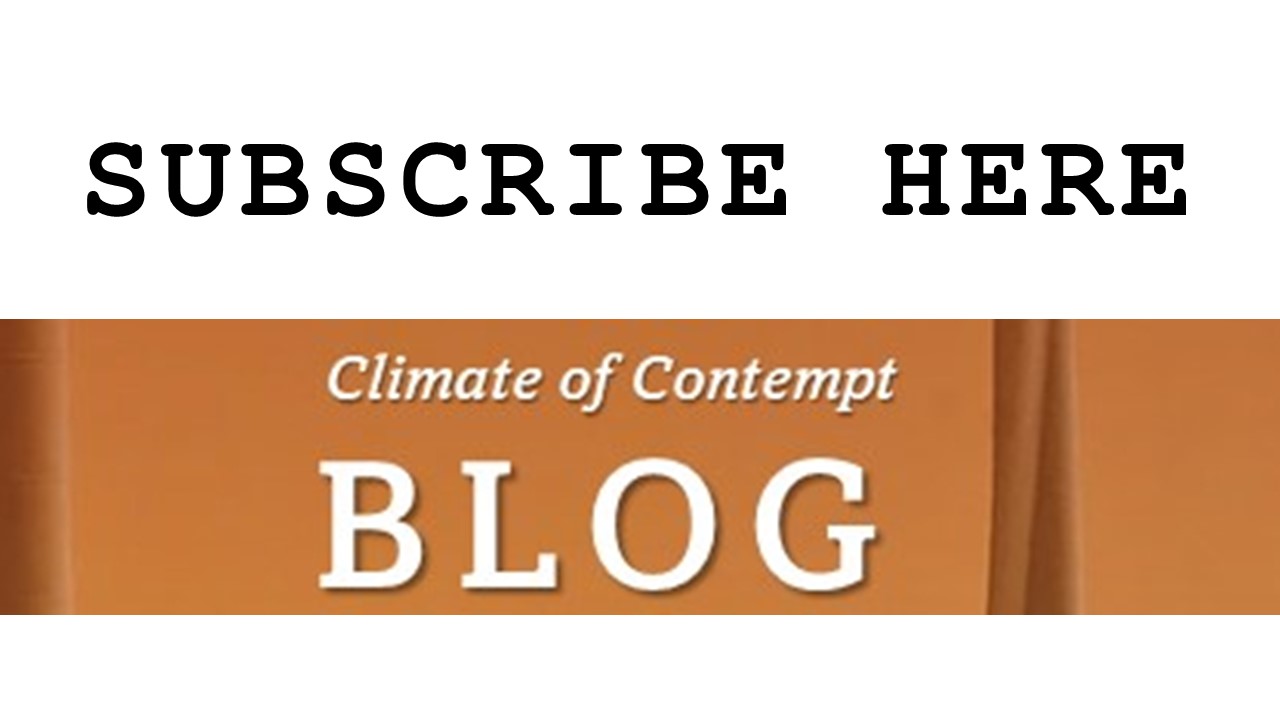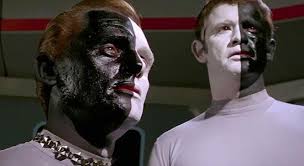Seven years ago I wrote a piece for The Regulatory Review called “Energy Policy’s Orphaned Good Idea.” It argued that the only reason why the 1935 Federal Power Act didn’t authorize the Federal Energy Regulatory Commission (FERC) to permit interstate transmission lines — the way the 1938 Natural Gas Act authorized FERC to do so for interstate natural gas pipelines — was because the New Deal Congress never imagined today’s reality, one in which the cheapest sources of power are best situated far away from the places where power is consumed.
That lack of foresight has left us with an aging, Balkanized grid that makes our electricity supply less reliable and more expensive. States act as roadblocks to new transmission investment, and today’s Congress is has been unwilling to assign exclusive permitting authority for interstate transmission to the FERC. It has instead tinkered with a half-measure that we euphemistically call “backstop” permitting, but it is so unwieldy and time consuming that it has never been used.
Now skyrocketing demand for electricity is worrying politicians who understand that today’s system is not up to the challenge. Recently a bipartisan group of 13 governors wrote to Congress seeking legal changes that would knock down some of these siting roadblocks. They know that we need more investment in the grid and in electricity supply, fast. And among their laundry list of permitting reform recommendations were several designed to strengthen, streamline, and mandate the use of FERC’s backstop permitting authority for interstate transmission.
In thi s era of bitter tribal partisanship, the truly bipartisan nature of this governors’ group– 7 Republicans and 6 Democrats — reflects the dire nature of the need. The signatories include arch conservatives like Tennessee’s Bill Lee and arch liberals like Massachusetts’ Maura Healy. Indeed, senators from both parties have called for permitting reform for more than a decade, but little has been done.
Why? Because negative partisanship among the most partisan voters — the ones who vote in primaries — makes it risky for politicians to cooperate across party lines.
In 2023 Sen. John Hickenlooper (D-CO) and Rep. Scott Peters (D-CA) introduced the “Big WIRES Act,“ which would have mandated investment in interregional transmission. And last year the Senators Joe Manchin (D-WV) and John Barrasso (R-WY) introduced a bipartisan permitting reform bill that would have streamlined federal permitting. Neither bill made it to a floor vote in either chamber.
In another Regulatory Review piece written about a year ago I explained the politics of the Manchin-Barrasso bill, which would have eased permitting hurdles for all types of energy projects — GOP favorites and Democrat favorites alike:
[T]he Manchin-Barrasso permitting bill … is a sort of ideological pork barrel bill, and a fascinating attempt at logrolling—that is, the practice of loading a bill with provisions that each side of the partisan divide wants in the hope that a enough members value “what we want” more than they hate “what they want.”
… [But] there are influential voices on the right who deride policy support for renewable energy as “woke capitalism,” and both Donald Trump and J.D. Vance speak of green energy as a “scam.” On the other hand, there are influential online voices on the left who see the elimination of all fossil fuels as a moral imperative, and for whom the Manchin-Barrasso bill is a nonstarter. Progressive NGOs such as Common Dreams and the Natural Resources Defense Council have panned the bill as a dirty deal and a giveaway to the fossil fuel industry.
… [I]f [the bill] comes up before the 2024 election, the outcome will tell us something about which matters more to the voters who control members’ electoral fates—getting some of the energy policies that they want or stopping the other side from getting some of the energy policies it wants.
Obviously negative partisanship prevailed then. But will today’s soaring demand for electricity change the political calculus for members of Congress?
Don’t bet on it. Those negatively partisan voters still control the fate of most members of Congress, and those same voters remain in the thrall of ideologically censored news feeds and online social groups. Unless and until we can break the spell cast by those forces, they will continue to make frustrating the other side’s ambitions seem much more important than realizing our own. — David Spence




